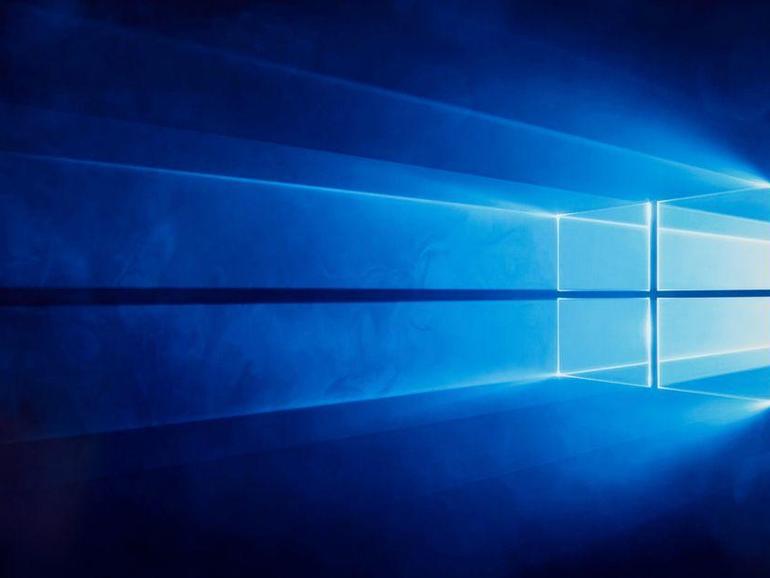The majority of the federal government bodies in Brazil still use Windows 7, despite the security risks presented by the obsolete operational system, according to a new report.
According to data from the Office of the Comptroller General (OCG), the branch of the Brazilian government tasked with overseeing the treasury and public assets, of the 141 federal government organizations, more than half still use the system, which has reached end of life and is no longer supported by Microsoft since January 2020.
The OCG’s ICT asset governance and management assessment report has noted a concern that the situation may entail risks and information security breaches associated with the discontinuation of technical assistance or software updates to devices – including security updates and patches – that are still running on Windows 7.
Central government organizations have until March 30 to complete an assessment of their upgrade requirements and let the Ministry of Economy know whether they plan on taking part in a centralized tender, whereby the government bodies will be able to sign one-year contracts to refresh their operational systems, which can be extended.
According to a central government database for tender planning and management, there are 290 initiatives relating to software purchasing in 2021, totaling 51.4 million reais (US$ 9.1 million). The federal government sees centralized purchasing as a means to drive saving to the taxpayer, and 1.2 billion reais (US$ 210 million) have been saved through that model in 2020.
In place since 2019, the IT procurement model in place in the Brazilian federal government is focused on driving savings by centralizing purchases, reducing spend and renegotiating prices, as well as establishing a price ceiling in tendering processes.
This is expected to to deliver savings of 23%, or 71.4 million reais (US$ 12,6 million) to the Brazilian government in Microsoft products alone within five years. The purchasing model is utilized in all IT procurement across central government and encompasses similar agreements with IBM, VMware, Red Hat and Qlik.
